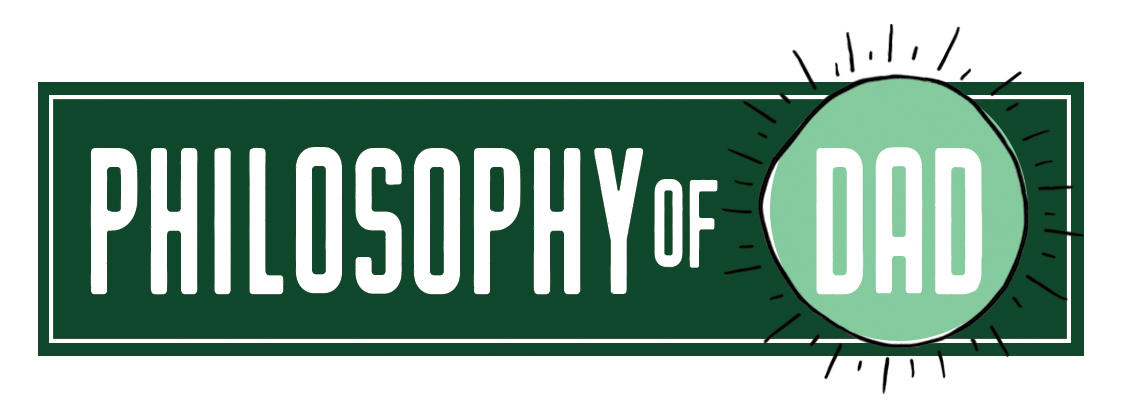So in the majority of other things, we address circumstances not in accordance with the right assumptions, but mostly by following wretched habit. Since all that I’ve said is the case, the person in training must seek to rise above, so as to stop seeking out pleasure and steering away from pain; to stop clinging to living and abhorring death; and in the case of property and money, to stop valuing receiving over giving.
-Musonius Rufus, Lectures, 6.25.5-11 (quote found in The Daily Stoic; the following reflections are my own).
How often do we find ourselves on auto-pilot, mindlessly going through our days without intention, or even day-dreaming? Happens to me all the time. Specifically, with the menial tasks that require no thought. Why do they require no thought? Because we’ve done them so many times that they become habitual. Once they’re habitual, they seemingly require no thought at all.
Well, the Stoics probably would suggest knocking that off. Why? ‘Cause it means I’m not staying mindful in the present moment. And if I’m not in the present moment, I’m not focusing on what I can control. And if I’m not focusing on what I can control, I’m wasting time, energy, and attention on something outside of it. This, of course, leads to anxiety, fear, irritation, and all kinds of other ugly things. So, I guess I gotta knock it off!
But there’s something deeper at play with this quote. Sure, there are the habitual tasks that make up our daily lives, but the underlying cause of doing those things also seems to be habitual. Why do I do the things I do? If I take a look back on all the things I give in a single day, or even a week, how many of those things have solid reasons behind them? For those with little reason, I suspect those are habits.
Still, for those with reasons that I can clearly articulate, there’s another level. Are the reasons good reasons. If the reasons aren’t good ones, then, again, I fear that I’ve fallen victim to habit. In this case, my habits are merely found in what I’m doing, but in what I’m thinking–in how my mind actually works, processes information, and signals action to my body.
What Musonius Rufus (great name) wants for us is to stop and question all of our habits. Even the things we take for granted. He wants us to examine our actions, the choices that bring on those actions, and the reasons behind the choices. In doing so, we’re exercising our freedom; we’re actually making; we’re avoiding being controlled by something external (habit) and taking control for what we do.
As a parent, I suppose my job is to help my kids do the same–to keep from developing bad habits; to avoid peer pressure (social habits); to ensure that actions are grounded in choices grounded in solid judgment. Sounds simple, right?
But it’s tough. For example, my 3 year old was sick for two weeks. During that two weeks, the only thing that made him better was sleeping, and watching Pocoyo and nursery rhymes. He watched a lot, but he was sick. Heck, I remember being sick as a kid. My mom would go to Blockbuster, get a bunch of my favorite movies, and I’d watch them till I felt better. From my perspective, when you’re sick, all bets are off.
Here’s the problem, though. Now that he’s well, he wants to watch his shows. First thing in the morning? “I wanna watch,” he says. Right before bed? “I wanna watch.” And you know what? It’s really easy to turn it on and go about my day. But that’s habit. For me, and for him.
The reasons for just turning on his shows and letting him watch are not great ones. What’s more, the reasons for doing so in the first place no longer apply. Getting caught up in the habit (and it was only a couple weeks–bad cold followed by the flu) can lead to a continuation of it because I habit is designed to survive.
It takes a conscious choice on our parts to break free of a habit. So that’s what I have to do with my 3 year old. I have to reintroduce other things that he can do besides watching a show. I have to act, not out of habit, but out of strong judgment, and I need to help him do the same. I need to ensure that he’s in control of his actions, and his thoughts. Now, and in the future. After all, those teenage years are coming!
Note: Purchasing items using a link on this site may generate a commission for me at no extra cost to you. I call that a win-win!
Join the newsletter
Subscribe to get our latest content by email.
